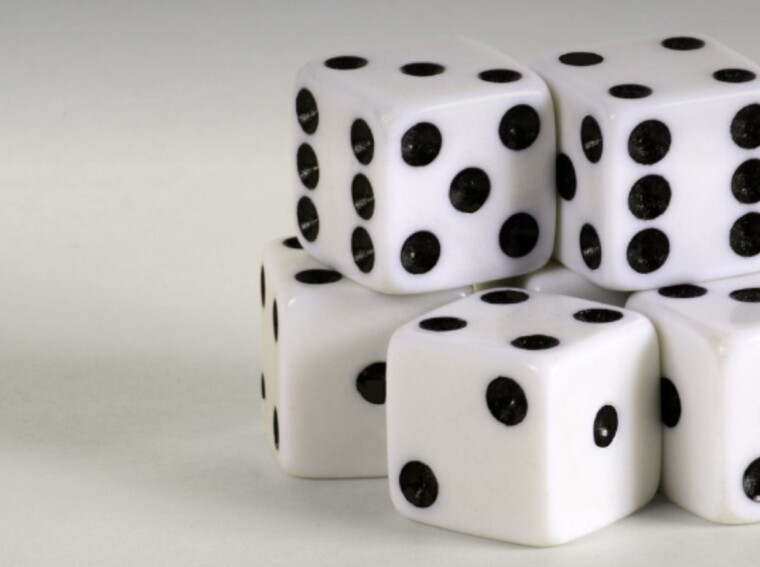Dice games have fascinated humans for millennia, their appeal crossing cultural and geographical boundaries. These small, seemingly simple objects have a rich history, weaving through ancient civilizations to modern-day entertainment.
Today, let’s dive into this history, starting with the origins of dice and continuing to the present day. Let’s get right into it.
Ancient Beginnings
The origins of dice can be traced back to ancient civilizations, where they were used not only for gaming but also for divination and decision-making. Some of the earliest known dice date back to around 3000 BCE, discovered in Mesopotamia. These primitive dice were often made from bones, stones, or ivory, and featured a variety of shapes, including cubes and tetrahedrons.
The Egyptians also had a fondness for dice, incorporating them into their gaming practices. Excavations of tombs have revealed beautifully crafted dice and gaming boards, suggesting that dice games were a popular pastime among the ancient Egyptian elite. Similarly, ancient Chinese and Indian cultures used dice in their games and rituals.
Medieval and Renaissance Dice Games
As we move into the medieval period, dice games continued to evolve and spread across Europe. They became a common feature in taverns and courts alike. During the Middle Ages, games like Hazard gained popularity. This game requires players to roll dice and predict the outcomes and was a precursor to modern casino games such as craps.

The Renaissance period saw further innovation in dice games. The game “Liar’s Dice,” for example, emerged during this era and remains popular to this day on sites like Comeon Casino. This game involves bluffing and strategy, showcasing the evolving complexity of dice games over time.
The Birth of Modern Dice Games
The transition from medieval to modern times brought about a surge in the popularity and variety of dice games. By the 18th and 19th centuries, dice games had become a staple in gambling houses and casinos. The game of craps, which has roots in the earlier game of Hazard, became particularly prominent in the United States. Its fast-paced nature and simple rules made it a favourite among gamblers.
Dice games also found a place in the hearts of non-gamblers. Board games incorporating dice like Monopoly and Risk became household staples in the 20th century.
The Digital Age
With the advent of the digital age, dice games have transitioned into the online world. Virtual dice games and apps have made it easier than ever to enjoy a game of chance from the comfort of one’s home. Online casinos offer digital versions of classic dice games like craps, appealing to a new generation of players.

Additionally,role-playing games (RPGs) have kept the tradition of dice rolling alive. Games like Dungeons & Dragons rely heavily on dice to determine the outcomes of actions, blending the historical essence of dice games with imaginative storytelling.
Conclusion
We hope we have been able to give you a better insight into the history of dice games. For such seemingly inconspicuous objects, the story of dice goes way further back than most people suspect. There are very few games that date back as far as the earliest dice games.
This is a testament to their numerous uses and applications – if dice have managed to stay relevant for almost the entire history of humanity, they must be doing something right. See you next time.

